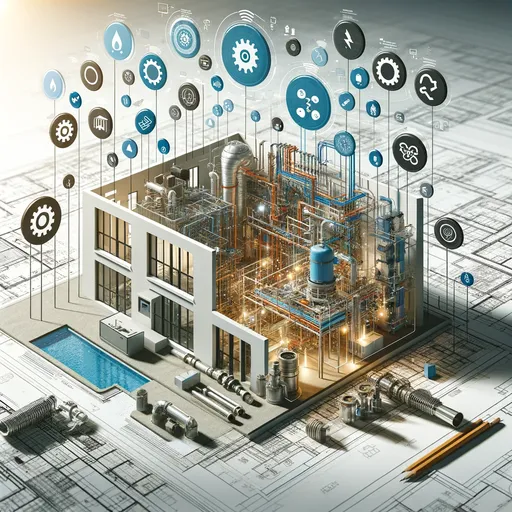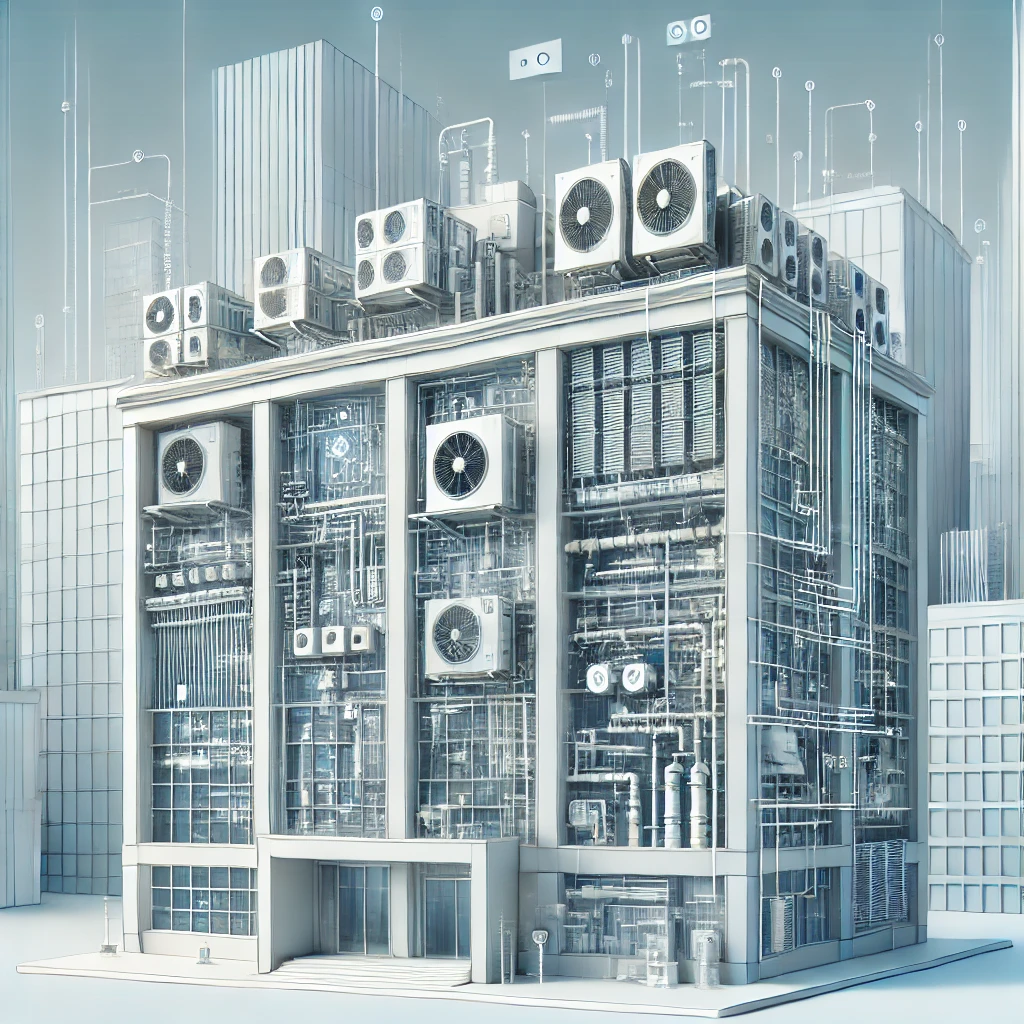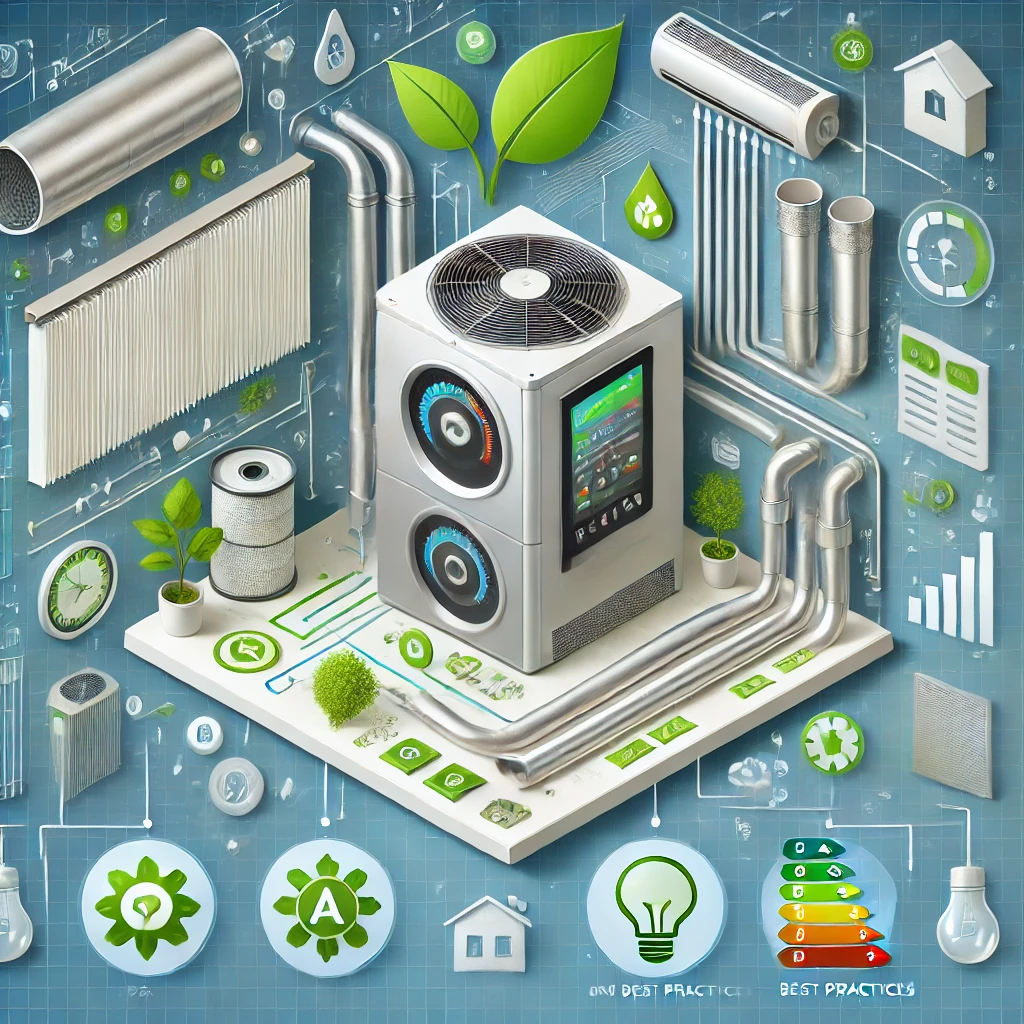The Importance of MEP Engineering in Modern Construction

Mechanical, Electrical, and Plumbing (MEP) engineering plays a crucial role in the design and functionality of modern buildings. These systems ensure that buildings are not only comfortable and efficient but also safe and sustainable.
Mechanical Systems Mechanical systems, particularly HVAC (Heating, Ventilation, and Air Conditioning), are vital for maintaining indoor air quality and thermal comfort. Proper HVAC design ensures optimal temperature and humidity levels, enhancing occupant comfort while also improving energy efficiency.
Electrical Systems Electrical systems power all building components, including lighting, appliances, and security systems. A well-designed electrical system ensures reliable power supply, reduces the risk of electrical hazards, and incorporates energy-efficient technologies. Integrating renewable energy sources, like solar panels, further enhances sustainability.
Plumbing Systems Plumbing systems manage water distribution and waste removal. Effective plumbing design is crucial for sanitation, health, and overall building functionality. Modern plumbing systems also include water conservation measures, such as low-flow fixtures and greywater recycling, contributing to sustainable building practices.

Integration and Coordination
The integration of MEP systems is essential for the overall performance of a building. These systems must be coordinated to work seamlessly together, considering space constraints, structural elements, and aesthetic considerations. This coordination prevents conflicts and ensures that all systems function optimally.
The Role of MEP Engineers
MEP engineers are responsible for designing, planning, and implementing these systems. They create detailed plans, perform simulations to predict system performance, and oversee installation and maintenance. Their expertise ensures buildings meet regulatory standards, operate efficiently, and provide safe and comfortable environments.
Conclusion
MEP engineering is fundamental to modern construction. It enhances comfort, safety, and sustainability, making the role of MEP engineers indispensable. Properly designed and integrated MEP systems ensure that buildings meet the demands of today’s occupants and regulations, while also preparing for future challenges.
Category:



